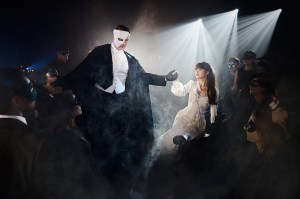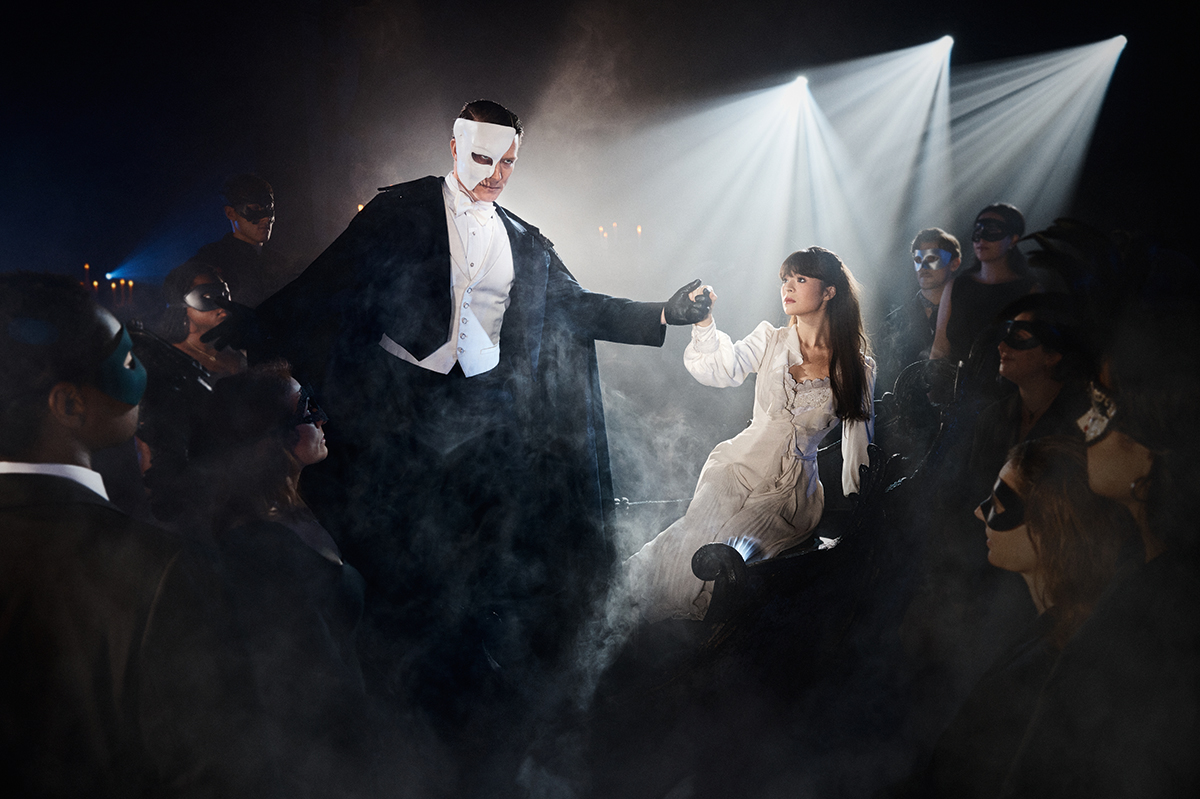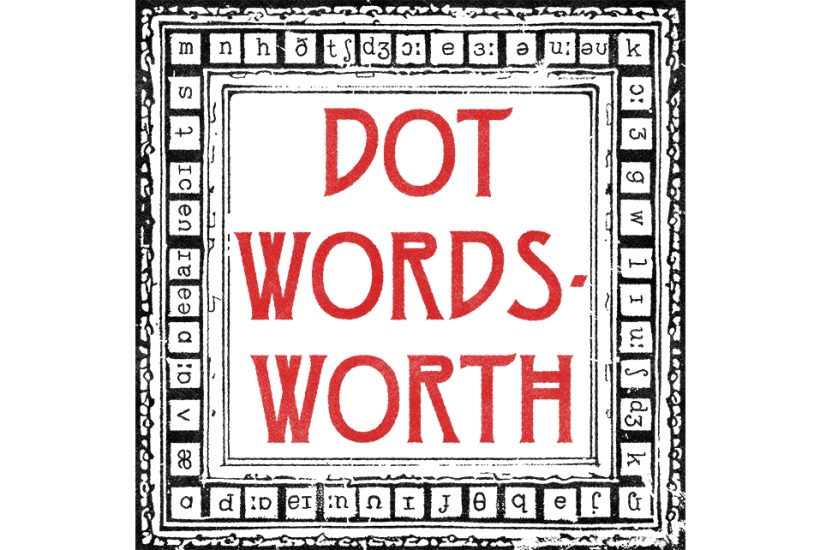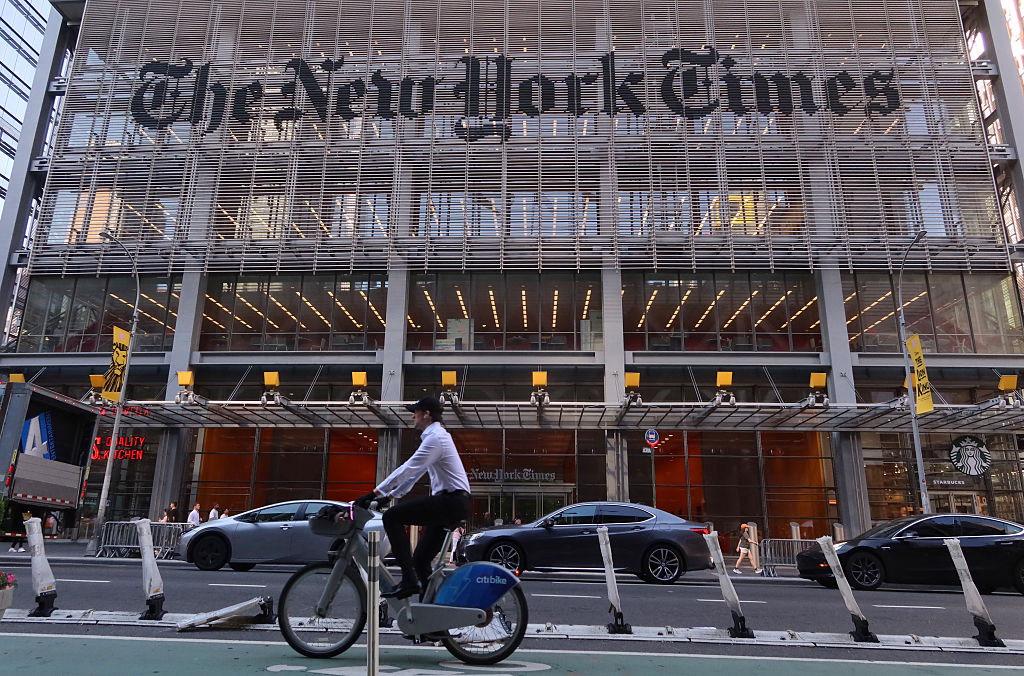No one feuds quite as well as a celebrity woman. Don’t believe the sickly sweet farce between Ariana Grande and Cynthia Erivo, ego, bright lights and competition for stage time have always provoked infighting. But while leading ladies used to duke it out Bette Davis and Joan Crawford style, today’s celebrity duels are a lot nastier.
Over the weekend, Patti LuPone did something unheard of – she apologized. Or, at least, she released an apologetic statement. While appearing on Broadway in The Roommate, LuPone complained to the theater next door about a sound bleed from the Alicia Keys musical Hell’s Kitchen. After the sound was adjusted, LuPone sent the tech team some flowers and a thank you note. In response, Hell’s Kitchen star Kecia Lewis took to Instagram to call LuPone’s actions a “racial microaggression.” Not only was LuPone exerting her privilege and unconscious bias by calling a black production “too loud,” but Lewis also alleged that sending flowers was “bullying” by shutting down “meaningful dialogue.” After an open letter was published calling for LuPone to be boycotted by the Tonys, the apology appeared.
LuPone is notorious for putting the broad in Broadway – her loud mouth is infamous. She called Trump a “motherfucker” on the red carpet of the Tonys and notoriously trashed her dressing room after Andrew Webber snubbed her for Glenn Close – who she also called a “bitch”. Forget white privilege, this is diva privilege – when you’re that good an entertainer, you can pretty much say what you want. Before her apology, LuPone responded to Lewis’ video in an interview with the New Yorker by scoffing at her description of herself as a veteran: “let’s find out how many Broadway shows Kecia Lewis has done, because she doesn’t know what the fuck she’s talking about.” But accusations of racism can make or break a career, no matter its length or strength. Someone must have convinced LuPone of the dangers of not towing the line.
Was Hell’s Kitchen loud enough to warrant meddling in a production’s sound design? LuPone certainly has an issue with noise, complaining to the same New Yorker journalist that “the whole city is so fucking loud” while telling off two women having a noisy conversation at the next table. But to insist that LuPone’s actions were motivated by conscious or unconscious racial prejudice rather than annoyance at sound levels is a step too far – even for celebrity feuds. Saying “you’re racist” is the twenty-first century equivalent of “she’s a witch.” No matter what you do or say, there’s no way of removing the stain of that accusation, however unjust.
Five years after the murder of George Floyd and the subsequent birth of the Black Lives Matter movement, anti-racist ideology has become a censoring and occasionally cynical force. If people believe that the world is quite literally and unrelentingly black and white, they start to see racism where it isn’t. Remember that viral New York council meeting from 2020 in which a white man bouncing a baby on his knee was called racist – because the baby was black? “It hurts people when they see a white man bouncing a brown baby on their lap and they don’t know the context! That is harmful! That makes people cry” Thomas Wrocklage’s accuser told him. “I have to learn how to be a better white person. Read a book. Read Ibram Kendi. Read How to Talk to White People.” This is anti-racist politics in contemporary America.
Black Lives Matter, Critical Race Theory and “white privilege” ideology has done very little to improve the lives and opportunities of working-class black Americans. But it has provided a new language of identity politics for affluent Americans to whip each other with. As a result, all discussion about racial issues have been stifled – teachers now fear discussing brilliant works of anti-racist literature as the mere mention of the n-word in any context is liable to get you fired. This threat might make for good open letters and Instagram videos against people you’re annoyed with, but it is damaging any discussion of what a real anti-racist politics might look like.
LuPone’s non apology is entirely odd – both a crawling admission of guilt and an avoidance of the issue at hand. LuPone doesn’t think she’s racist, and yet is willing to entertain the idea that others think she might have been racist. She should have stuck with her original response – the middle-finger she’s given every other complainant in her career.
Patti LuPone is a diva – not a racist
Kecia Lewis called LuPone’s noise complaint a ‘racial microaggression’

(Getty)
No one feuds quite as well as a celebrity woman. Don’t believe the sickly sweet farce between Ariana Grande and Cynthia Erivo, ego, bright lights and competition for stage time have always provoked infighting. But while leading ladies used to duke it out Bette Davis and Joan Crawford style, today’s celebrity duels are a lot nastier.Over the weekend, Patti LuPone did something unheard of – she apologized. Or, at least, she released an apologetic statement. While appearing on Broadway in The Roommate, LuPone complained to the theater next door about a sound bleed from the…

























Leave a Reply